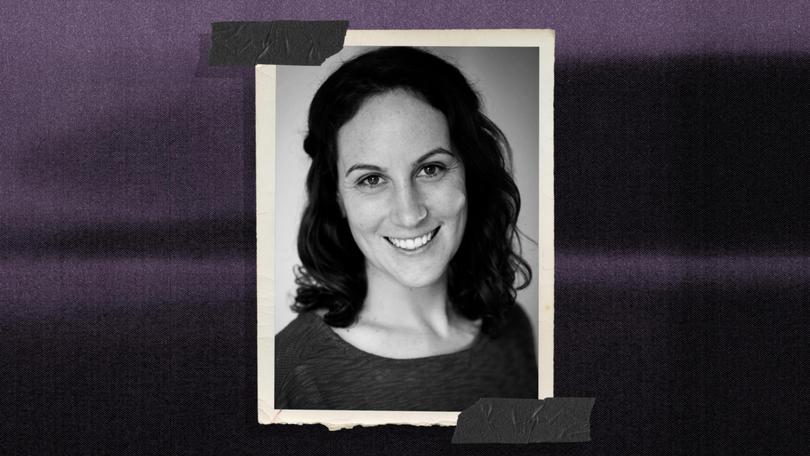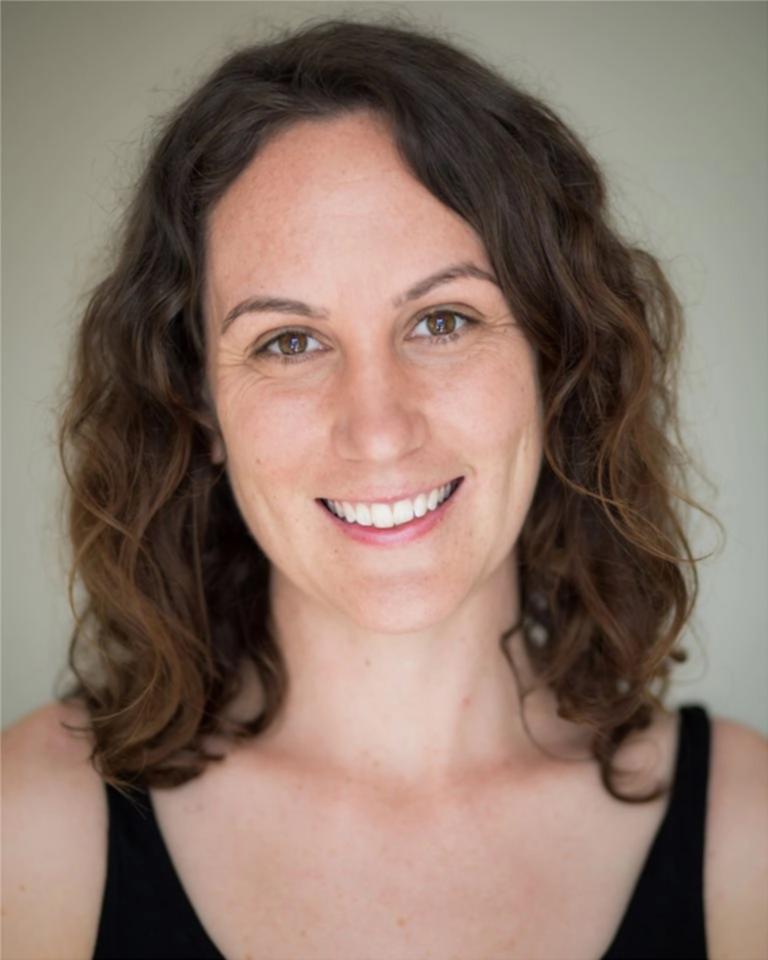MICHAEL USHER: Why we need to have a healthy debate about Australia’s controversial COVID pandemic response
MICHAEL USHER: Katie Lees wanted to do the right thing by getting the COVID vaccine. Years on, her heartbroken parents are still fighting for acknowledgement of her death.

I spent last Saturday night debating our response to the COVID pandemic. Not everyone’s idea of a fun Saturday night, I’m sure, but I found it fascinating.
What I found is that the emotions and impact of that pandemic remain very raw. And some still want to hijack COVID to push a dangerous agenda of anti-government, anti-authority, and anti-truth.
For some time on our Spotlight program, we’d been debating about the right time to analyse what our leaders got right and wrong about the COVID pandemic.
Sign up to The Nightly's newsletters.
Get the first look at the digital newspaper, curated daily stories and breaking headlines delivered to your inbox.
By continuing you agree to our Terms and Privacy Policy.It was always going to be a contentious issue to tackle, but we decided now is the right time to discuss what we would and wouldn’t do again.
We gathered two of the leading doctors who became public faces of the pandemic response, Professor Robert Booy and Dr Sanjaya Senanayake, along with former Queensland premier Annastacia Palaszczuk, and economist Gigi Foster.
We put them before a studio audience. It was predictable that the anti-vaxxers would come out in force and try to shut down genuine debate. They tried and failed. But the topics we debated had interesting results.
In short, it was roundly accepted that school closures were a major mistake. Our young population just wasn’t as exposed to COVID as we feared, and the effects of those closures on students and families were deep and damaging. Stress, anxiety and dislocation, that’s still being felt today.
Hotel quarantine was also universally decided to be a failure. Extended lockdowns, particularly in Victoria, were also deemed too much and too damaging.
Border closures? Well, they weren’t considered an outright failure, but greater flexibility and more considerate human concessions would be essential next time to allow some to travel for family and medical reasons.
The hottest topic, however, was vaccinations, within two major areas. The fact that they were made mandatory for many, and were they properly tested first?
It’s become clear some people had severe reactions to vaccinations, and some died. They are individual stories of heartbreak, weighed against the thousands of lives saved. Nonetheless, what do we need to do to make sure Australians are not unnecessarily harmed if we go through another pandemic?
We invited Ian and Penny Lees to our audience and we spoke with them to share their story. Their 34-year-old daughter Katie died after receiving the AstraZeneca vaccination. That vaccine has been linked to a rare but serious blood-clotting side effect. The Lees family, like many, had followed the guidance of the government and medical leaders and taken all the vaccines suggested, to do the right thing.
But for their Katie, it had devastating consequences. Her vaccine injury is noted as the cause on her death certificate.

The Lees’ family pain is very deep and I was grateful they had the strength to share Katie’s story.
What causes them more pain is that for far too long, they were not taken seriously or recognised by anyone in authority. In the large sweeping push to get everyone vaccinated to protect the elderly and vulnerable, Katie’s death was an inconvenient truth. And for some years since her family has wanted to be acknowledged and perhaps even get an apology from someone from in authority. They were not anti-vaccination, but a vaccine killed their daughter.
It’s exactly this story that needs some exposure in honestly reflecting on what we got wrong and right in the pandemic response. And while completely sympathetic to the Lees’ story, Professor Booy and Dr Senanayake also point to the countless lives that vaccinations saved.
Should they have been made mandatory? Well, this is where the anti-vaccination people get a head full of steam. At points during our debate, their behaviour became hostile, and I had to warn them not to swear and name-call.
They hate what I do as a journalist, and they hate what they call the mainstream media. They tie themselves up in conspiracy theories and remain furious at their isolation for refusing to vaccinate during the pandemic.
I’d really like to understand more of their side of the story, but they’re just so angry all the time that there’s no real debate to be had with them. Still, we were happy to host them in our studio and let them have their say.
Mistakes were made on the run during a crippling pandemic. No one hides from that. More lives were saved than is generally acknowledged.
Some lives that cross State borders were torn apart and school kids suffered unnecessarily. And tragically, young people such as Katie Lees died from rare side effects of a vaccine. And that needs to be learned and understood.
All our experts say there will be another pandemic, as much as that might terrify us.
So let’s learn from what we went through, not hide from it. As we discovered, some of the subjects remain controversial, some remain uncomfortable, but that doesn’t mean we have to shy away from healthy debate about Australia’s COVID pandemic response.
